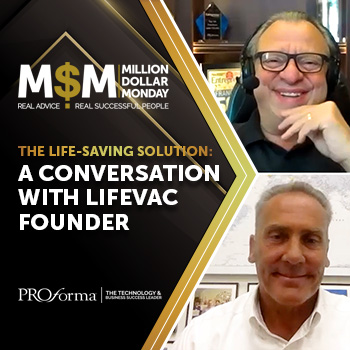Hand sanitizer has been a trending topic since March, when at the onset of the coronavirus pandemic in the U.S., suppliers were out of stock and announced that they would be for months. Then there were shortages of plastic components used in sanitizer bottles, creating further supply issues, as well as new restrictions on certain sanitizer ingredients (though the FDA loosened some restrictions to help boost supply).
Supply has since rebounded somewhat, but this week, the FDA announced that 14 hand sanitizers manufactured in Mexico contain the toxic chemical methanol.
In mid-June, the FDA listed nine hand sanitizer products from the Mexican company Eskbiochem SA de CV as harmful to consumers, and then added five more this week.
The list of products containing methanol includes:
4E Global, SAPI de CV products
- Blumen Clear Advanced Hand Sanitizer with 70% Alcohol
- Blumen Advanced Instant Hand Sanitizer Clear Ethyl Alcohol 70%
- Blumen Advanced Instant Hand Sanitizer Clear
AAA Cosmetica
- bio aaa Advance Hand Sanitizer
DDI Multinacional SA de CV
- Earths Amenities Instant Unscented Hand Sanitizer with Aloe Vera Advanced
Eskbiochem SA de CV
- Lavar 70 Gel Hand Sanitizer
Grupo Insoma, S.A.P.I. de CV
- Hand Sanitizer Gel Unscented 70% Alcohol
Limpo Quimicos SA de CV
- Andy’s Best
Liqesa Exportacion or Liq-E-S.A. de CV
- Otimus Lubricants Instant Hand Sanitizer
Soluciones Cosméticas SA de CV
- Bersih Hand Sanitizer Gel Fragrance Free
- Antiseptic Alcohol 70% Topical Solution hand sanitizer
Transliquid Technologies
- Mystic Shield Protection hand sanitizer
Tropicosmeticos
- Britz Hand Sanitizer Ethyl Alcohol 70%
In addition to the hand sanitizer products that were tested and found to include methanol, the FDA is recommending recalls for products made within the same facility and using the same equipment. Some products have a stop-import order on them. To view the full list, click here.
“FDA is warning consumers and health care providers that the agency has seen a sharp increase in hand sanitizer products that are labeled to contain ethanol (also known as ethyl alcohol) but that have tested positive for methanol contamination,” the FDA statement says. “Methanol, or wood alcohol, is a substance that can be toxic when absorbed through the skin or ingested and can be life-threatening when ingested.”
Methanol is commonly used in industrial manufacturing for products like adhesives, paint thinners and anti-freeze. Insider reported that any product that contains more than 4 percent methanol must be labeled as poisonous.
According to a CNN report, exposure to “significant amounts” of methanol can result in side effects like nausea, vomiting, headaches, blurred vision, permanent blindness, seizures, coma, permanent damage to the nervous system or death.
FDA advises consumers not to use any hand sanitizer manufactured by Eskbiochem due to the potential presence of methanol, which can be toxic when absorbed through the skin or ingested: https://t.co/IO4MoLDuSW pic.twitter.com/qjvE8LssPE
— FDA Drug Information (@FDA_Drug_Info) June 19, 2020
The CDC reportedly recommends that anyone experiencing these symptoms as a result of using hand sanitizer should seek medical attention immediately.
Hand sanitizer is going to continue to be at the center of the news and in high demand for quite some time. If schools and restaurants plan on reopening, it means having hand sanitizer on hand, and using it a lot more than before.
To keep up with demand, distributors have frequently had to source sanitizer from suppliers outside the promo industry, which means dealing with companies that may never have manufactured hand sanitizer before now.
Bryan Ashenbaum, a management professor at Miami University of Ohio and former Proctor & Gamble employee, told Bloomberg that “basically anybody who can put stuff in a plastic bottle” is going to have the chance to step up to the plate. That’s a good reminder to deal with trusted suppliers when possible, though that can be tricky with hand sanitizer stock in flux.
“It’s probably going to be another year at least before we have enough production,” Patrick Penfield, a professor of supply chain management at Syracuse University, told Bloomberg.



